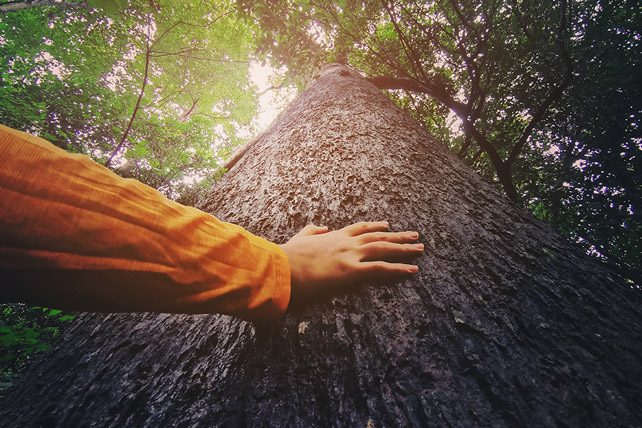A theology of creation care means have been charged to care for God’s creation, to be stewards of all that God has made and entrusted to us. Since the Industrial Revolution, we have been able to do more care for creation than ever before, as well as more harm.
That harm has ramifications that border on the nightmarish, and no one is more affected than the poorest of the poor. No matter what you may think is behind it all—natural causes, human causes, or both—that creation is suffering in unprecedented ways is without dispute.
Extreme heat.
Drought.
Mudslides.
The rise of intense storms and hurricanes.
Melting of glaciers.
Rising animal extinctions.
Rising plant extinctions.
The freakish amount and scope of wildfires.
A theology of creation care should matter to any follower of Christ.
A Theology of Creation Care
UNICEF just released a report that by 2050, virtually every child on the planet—more than 2 billion children—will experience frequent heat waves as part of their life. Pediatricians say that young children and infants are more susceptible to heat-related illnesses, in part because their bodies cannot regulate temperature as effectively as adults. Children also lose fluid more quickly and are at a greater risk of heat stroke because they lack the judgment and maturity needed to taper their physical exertion or know to rehydrate. Extreme heat is also known to trigger symptoms in people with asthma, which affects about 6 million children in the U.S. alone.
So why aren’t more Christians engaged?
It’s because we have approached creation care ideologically instead of theologically.
Politicization has invaded our thinking to such a degree that when it comes to environmental concerns and challenges, responsibilities and commitments, we think about our political moorings before we look to what the Bible actually says. Or more to the point, instead of what the Bible actually says. We carry our political views like they are religious views, and we often make those political views our true religion.
As Sandra Richter observes in her book Stewards of Eden:
… in the United States, if you are an environmentalist, it is assumed that you are a Democrat…. If you are a Republican, it is assumed that you cannot also be pro-environment. In other words, somehow environmental advocacy has been pigeonholed into a particular political profile and has become guilty by association.
She then adds these words: “But of course, Christians are first the citizens of heaven, and therefore our alliances and our value systems are not defined by American politics.”
So how do we think Christianly about creation care? What would a beginning theology entail?
The first and most foundational thing to understand about creation is that it doesn’t belong to us. It isn’t ours to simply do with as we please. It belongs to God. As we read in the 24th psalm, “The earth is the Lord’s, and everything in it. The world and all its people belong to him” (Psalm 24:1, NLT). You find that very same declaration made throughout Scripture (e.g., Psalm 50:10-11, Colossians 1:15-16).
Second, we have been charged to care for creation. The nature of that stewardship, as outlined in Genesis 1 and 2, is very clear: we are to reflect the image of God toward creation through governing and reigning, tending and watching over. This is dominion, not domination. The directive was truly creation care. As Dorothy Boorse writes in Loving the Least of These: Addressing a Changing Environment: “We don’t worship creation. We worship God by caring for creation.”
Third, this charge didn’t end with the Garden of Eden and the fall of humanity into sin and the world into brokenness. Just as God seeks to redeem us from our sin, and those of us who have been redeemed seek to share that redemptive work with others, God intends to redeem all of creation, and thus we are to continue to take our care of creation seriously. As Paul wrote:
Against its will, all creation was subjected to God’s curse. But with eager hope, the creation looks forward to the day when it will join God’s children in glorious freedom from death and decay. For we know that all creation has been groaning as in the pains of childbirth right up to the present time. (Romans 8:20-22, NLT)

